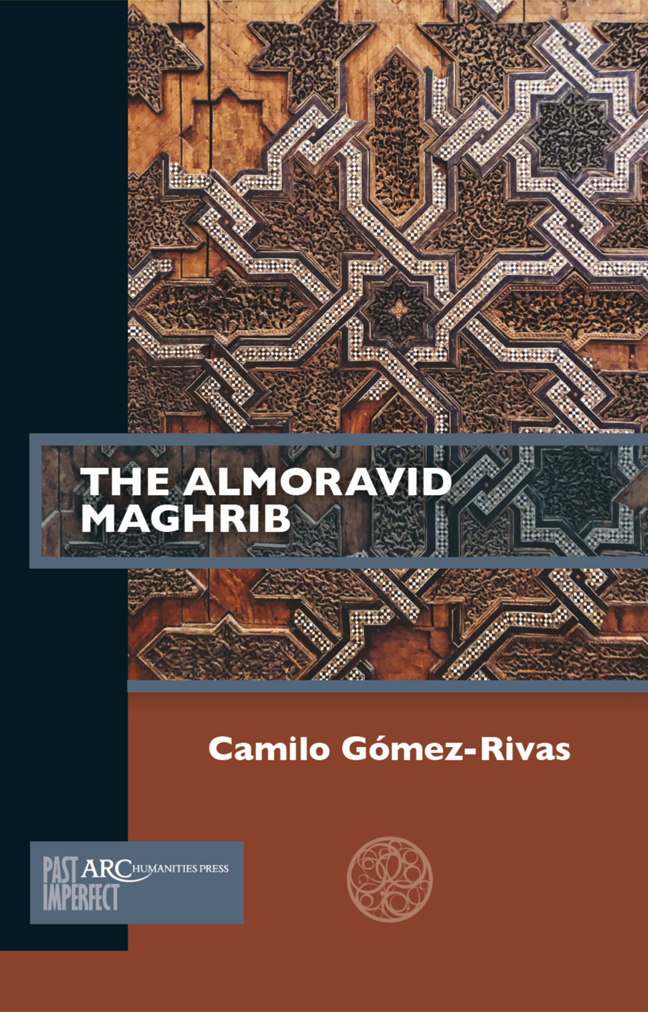Book contents
- Frontmatter
- Contents
- List of Illustrations
- Acknowledgements
- Abbreviations and Note on Language and Dates
- Principal Characters in the Narrative
- Introduction
- Chapter 1 The Preacher
- Chapter 2 The Queen and Her Kings
- Chapter 3 The Deposed
- Chapter 4 The Son
- Chapter 5 The Mahdis
- Chapter 6 The Qadi and the Rebel
- Conclusion
- Time Line
- Glossary of Key Terms
- Further Reading
Chapter 6 - The Qadi and the Rebel
Published online by Cambridge University Press: 20 February 2024
- Frontmatter
- Contents
- List of Illustrations
- Acknowledgements
- Abbreviations and Note on Language and Dates
- Principal Characters in the Narrative
- Introduction
- Chapter 1 The Preacher
- Chapter 2 The Queen and Her Kings
- Chapter 3 The Deposed
- Chapter 4 The Son
- Chapter 5 The Mahdis
- Chapter 6 The Qadi and the Rebel
- Conclusion
- Time Line
- Glossary of Key Terms
- Further Reading
Summary
The mahdist movement of the Almohads would overwhelm the Almoravid state, but many of the innovations brought about under Almoravid rule would stick tenaciously in the long term. Loyalty to the institutions it had fostered and even to the dynasty itself, in spite of its collapse, was dogged, lasting in some places into the late Almohad period. The Almoravid institutional and cultural imprint would last even longer, providing the foundation for several of the characteristic intellectual, religious, and cultural traditions of the Far Maghrib.
Qadi ʿIyad
ʿIyad b. Musa was born in 476/1083 into a scholarly family in the port city of Ceuta, the same city where ʿAli b. Yusuf was born. Ceuta grew into the Maghrib’s most important port, and ʿIyad was in no small way affected and shaped by this growth and by the flow of people through his city. He studied with the some of the best teachers the city had to offer and met travelling scholars, of which there were many on account of Ceuta’s location. ʿIyad was a prominent student of law when ʿAli b. Yusuf, as part of his effort to develop the administrative expertise of the empire, sponsored ʿIyad’s study trip to al-Andalus. There he would meet and learn from the notable Maliki scholars of Córdoba, Seville, and the other cities of the Peninsula. Unlike the likely fictive voyages to al-Andalus of Ibn Yasin and Ibn Tumart, ʿIyad’s trip is well documented. He even wrote a compendium of biographies of the scholars he met there (his al-Ghunya, The Riches). And once returned to Ceuta, where he would eventually rise to chief judge, Qadi ʿIyad produced a voluminous correspondence with the best-known jurists of al-Andalus, many of which he had met in person. This correspondence, which consisted of formal legal consultations (or questions and opinions in answer to legal questions) was later compiled by his son. Some of these question-and-answer texts feature prominently in the great ninth/fifteenth-century fatwā compendium by al-Wansharisi, where ʿIyad is one of the single most cited authors (albeit more as a source of questions than opinions). He corresponded frequently with Ibn Rushd al-Jadd as well as with lesser known jurists of al-Andalus and the Maghrib, including the above-mentioned chief judge of Marrakesh, Musa b. Hammad.
- Type
- Chapter
- Information
- The Almoravid Maghrib , pp. 103 - 112Publisher: Amsterdam University PressPrint publication year: 2023



